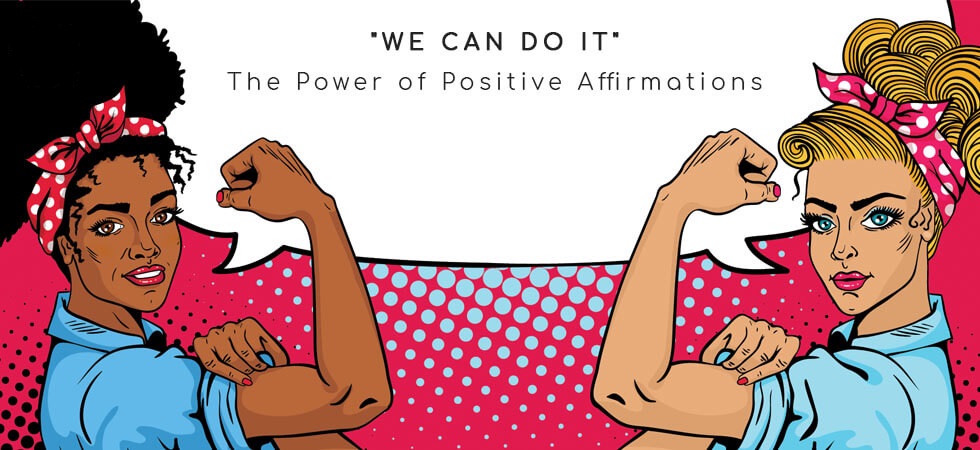There is a perception that surviving tragedy can be good for personal growth in our culture. You will have a new respect for life. You will be grateful to your friends and family. You learn from experience how hardships make people stronger. You become more resistant.
This topic has repeatedly appeared in the media after natural disasters and terrorist attacks.
But what does science say?
Are pain and suffering very valuable? Was something clear for the philosopher Frederich Nietzsche when he said: “What we do not kill, we make stronger”? does in this way, hardships make people stronger?
Our publishers need you now more than ever.
- Strong story
- As psychologists, we have been studying this question for most of the last decade.
What happens after loss or trauma?

We are not the first to tackle these problems. Psychologists Richard Tedeschi and Lawrence Calhoun wrote about how, after loss or trauma, people felt a greater respect for life, closer to their friends and family, stronger, more spiritual, and more motivated. They called this “post-traumatic growth.”
In light of different religion.
The appeal of this statement is clear. It shows that the tragedy has a silver lining. He also agrees with the biblical theme of salvation, according to which all pain and suffering ultimately lead to freedom. Whereas Islamization also prefers that sufferings, pains, hardships can take you close to God Almighty where you joins yourself to God’s will and agree on it. This is what we call to free yourself from the worries and tensions of the world to free yourself. And keep yourself happy in Allah’s will.
Perceptions help us understand our life. Psychologists have shown that we like to tell our lives in terms of the challenges we have faced and the difficulties we have faced. We like to believe that evil can lead to good things because they are often an important part of the stories we tell about our lives.
How can a traumatic event be predicted?
Perhaps the cultural story of “growth through suspicion” is strong. But our review of existing research on the topic has identified some red flags. First, it is difficult to collect data on people before and after trauma. For example, there is no way to know who will lose their home in a hurricane.
For this reason, most research on post-traumatic growth has asked people to rate how much they have changed as a result of the trauma. While this may seem like a good way to measure personal growth, you can ask a friend or even yourself this question, there are major problems with this approach lead to help how hardships make people stronger.
Studies show that people cannot remember very well what they were like before a traumatic event. Or attendees claim they grew up on the event while fighting. Your growing relationships will not always match the views of your friends and family and may not reflect real changes in your behavior.
A way to deal with the pain that you still tell others that you have grown. Western culture leaves little time for sadness; over time, people should “get over it and move on.”
What they think has changed is often unrelated to what they have changed.
This pressure can also be incorporated into the test itself; the questions trauma researchers use generally only ask for positive changes: whether a person has a new appreciation for her life, does she have new goals, or is she becoming more religious. In this question, there is hope for recovery and self-improvement. In other cases, people may report that they are stronger because they deny the actual pain they are experiencing.
But the best-designed growth studies showed that what people thought had changed after a traumatic experience was unrelated to how much they had changed over time.
Symptoms of PTSD and depression due to traumatic reasons
Those who said they saw greater personal growth after a tragedy were more likely to have symptoms of PTSD and depression. The jury has not yet arrived. In many ways, the assumption that personal growth and resilience are common results of adultery is a problem.
Consider what it means: Suffering is good in the long run, and those with trauma are stronger than those who are not. But escaping from tragedy is not easy. Sometimes the trauma of certain tragedies, such as the death of a child or a spouse, does not go away completely. And some are open to this
hence, they are struggling after a loss of months, even years later. If “What doesn’t kill you the hardest” is true, these people could be seen as “weak” or as someone who “misses me.”
Here’s what we know from the best of science: human beings can certainly grow. They can become stronger, improve the quality of your relationships, and increase your self-esteem. But it probably doesn’t happen as often as most people and some researchers think.
People need support from their family
Even after a traumatic event, people need support from their family, friends and community. The availability of these resources plays an important role in determining whether people really grow. Growth should not be seen as a goal for everyone. Many people can go back to where they were before the trauma. Traumas differ more than temporary worries while traumas are perfect that tells hardships make people stronger.
What does wisdom says how hardships make people stronger?
While new insights and wisdom can certainly lead to scepticism, the science is still unclear on “when” and “how.” Growth stories are undoubtedly the result of powerful trauma. They can inspire our own life. But we need to do better research to find out if such stories are the rule or the exception. You should focus on the following point that you get this step-by-step once you indulged in trauma, sufferings that also explain how hardships make people stronger.
- Investigate
- Psychology
- Trauma
- Increase
- Sand
- Lost
- Preparations
- Adversity in youth



